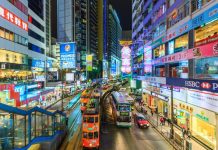For each of Thailand, Laos and Cambodia, the Foreign Office (FCO) has long-standing warnings about a range of “adventurous” activities on offer.
And this week it updated its advice for Vietnam, where three British tourists died last month after being swept away by powerful currents at a scenic waterfall. “There have been fatal accidents in rural areas and parks,” it says. “Don’t stray off main routes and be aware that some terrain can be hazardous.”
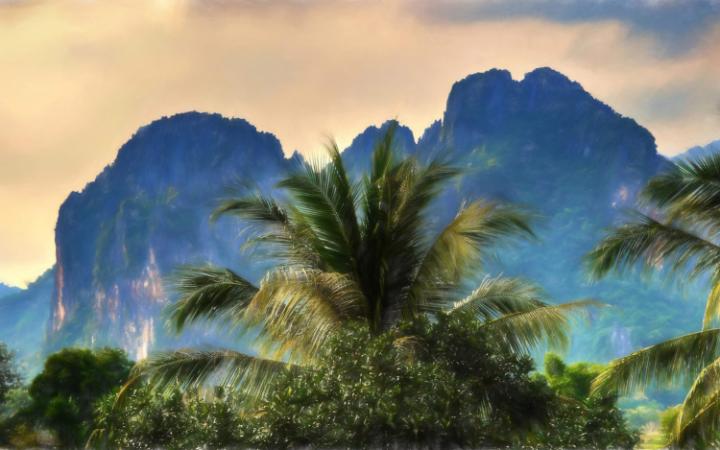
Guidance for all four countries, popular with young travellers on their gap years, drawn by the balmy weather, exotic scenery and laid-back partying, warn that safety standards there are not held in the same esteem as in the UK.
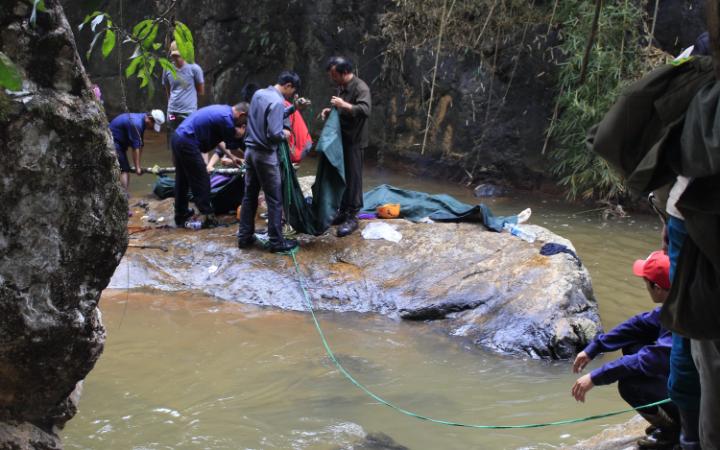
This is a common theme when news breaks of a backpacker death in Southeast Asia.
Izzy Squire, 19, Beth Anderson, 24, and Christian Sloan, 25, were found dead at the bottom of the popular Dalanta waterfall in the Dalat area of Vietnam. It is believed the trio entered the water in a restricted area, after being taken on an unofficial route by a tour guide.
The conflicting versions of events emerging from the country highlight a confusion over the legitimacy of the tour the three had signed up for. The group that manages the waterfalls says the guide failed to pay for entry tickets or safety equipment, but it is understood the three were wearing life-jackets.
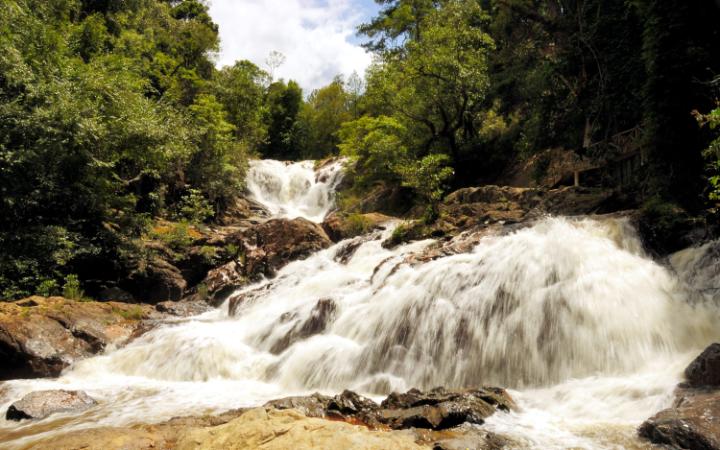
Vietnamese authorities this week suspended the tour company, Dalat Passion, while a guide has been questioned by the police. It has also cancelled all adventure tour activities in the area, accusing local companies of taking “human life lightly”.
Reviews of the falls on TripAdvisor speak of natural beauty but there is more than one use of the term “deathtrap”.
Elsewhere in Southeast Asia, Laos experienced a period of notoriety a few years ago following a spate of backpacker deaths while “tubing”, the practise of riding a tractor tyre inner tube along the Nam Song river.
In 2011 at least 27 travellers died in Vang Vieng, where the activity became popular, with deaths linked to a variety of activities including alcohol, drugs and jumping into waters that hide shallow, rocky riverbeds.
“There are no safety measures, supervision or helmets,” a doctor at the local hospital told the Guardian.
In Cambodia, a government report found that tourist deaths rose from 14 in 2012 to 21 in 2013, and that the number of incidents involving foreigners leapt from 570 to 705 in the same time period.
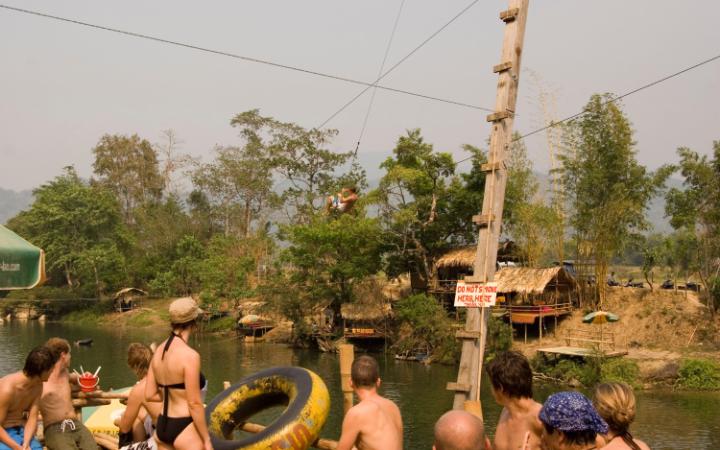
In Thailand, last month the focus was on animal welfare after an elephant attacked its handler before goring a British tourist to death. Last year the spotlight was on a bungee jumping operator in Phuket after a Kuwaiti man died when the cord tied to his ankle snapped.
These accidents and incidents have begun to shape a view that Southeast Asia is not safe. Indeed, a 2014 book, entitled Thailand: Deadly Destination, labelled the country the world’s most dangerous, citing “train, bus, ferry, speedboat, motorbike and car accidents, murders, knifings, unexplained deaths, numerous suicides, diving accidents, robberies gone wrong, anonymous bodies washing up on the shores and a string of alcohol- and drug-related incidents.”
While that is a sensationalist view, experts do advise caution when visiting the region. “Certain places are more safety conscious than others, or do not enforce the regulations as much,” explains Mark Ord, founder of All Points East and author of guidebooks for the region. “But then it’s not as straight forward as that. It’s difficult to generalise across such a large region.”
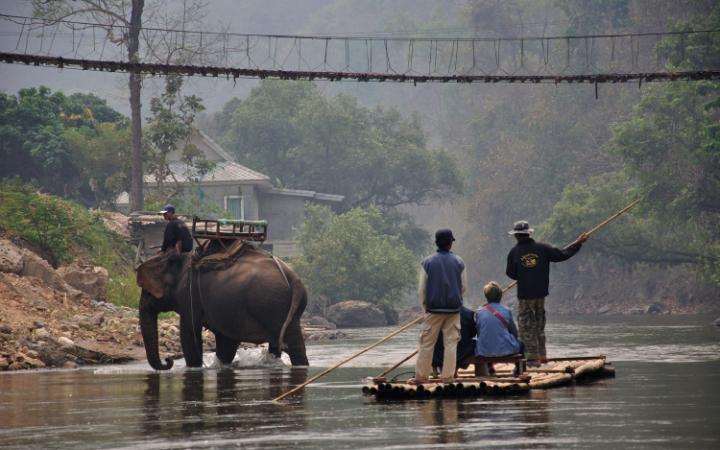
“Sure, if people are going to go white-water rafting, or the like, there’s not going to be the same attention to detail as there would be in Sweden or Switzerland, and people should bear that in mind.”
But Mr Ord says it’s not that black and white, as there are plenty of reputable operators, alongside a number of “cowboys”.
“If you are going to do a potentially dangerous activity,” he says. “Don’t go for the cheapest option. Ask yourself why it is cheaper. Price should not come into it. If you are looking at cutting costs, you don’t do it.
“But you have to remember just how many people are partaking in these activities incident,” he adds. “The volume of people who take elephant rides in the region without incident, then a foreigner gets gored. I think [the safety issues] can be blown out of proportion.”
However, Mr Ord says that the laidback nature of Southeast Asia, and the ease with which people can travel around the region, leads to a complacency in some backpackers.
“Most destinations in the region are much safer than your average UK town on a Saturday night,” he says. “But it’s pretty laidback and travellers get reckless and take their safety for granted.”
He cites motorcycle accidents as one of the highest cause of death in tourists. The FCO warns about travelling by motorbike in the region as safety regulations vary and the “standard of driving… can be poor”. It says that 70 per cent of road deaths in Thailand can be attributed to motorcycles.
“Visitors do not apply the same safety standards as they do at home,” says Mr Ord.
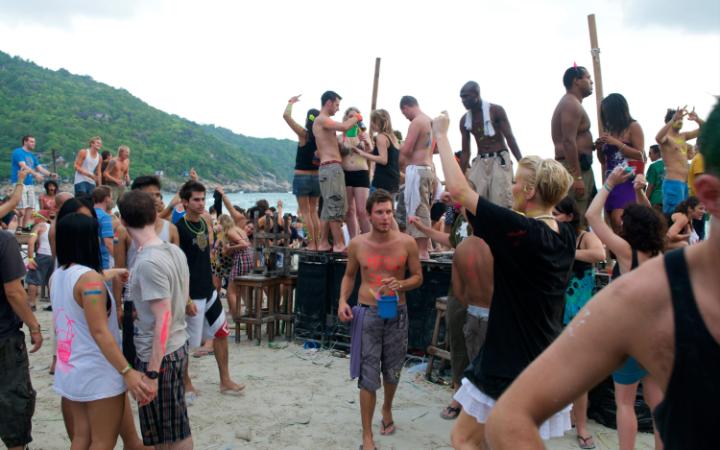
“People come over and get these little automatic bikes, and they’re zipping about, with their shirts open, impressing the girls, having had a few beers, and it’s not cool to wear a helmet and they get over-confident. But they’re not used to the driving conditions, so there are accidents.
“You couldn’t get away with that in Portsmouth, but you can here, and they get over-confident.”
Lee Cobaj, Telegraph Travel’s expert in Thailand, echoed the concerns about assuming the same safety standards as one would expect in the UK.
“Accidents involving tourists, whether it be a jet ski crash, drowning, zip-lining disaster, elephant rampage or a bus rolling off a cliff are an almost daily occurrence,” she said. “And although guides are meant to be licensed, there are those that work on the black market.
“These are also financially lucrative jobs and I think the authorities in general are more interested in back-handers than they are in meeting safety standards.”
Sean Tipton, a spokesperson for ABTA, the industry group for British travel agents, said that it recommends that travellers use properly qualified and licensed suppliers.
“Unfortunately every year we see examples of UK holidaymakers who have been seriously injured or fatally wounded whilst taking part in potentially risky activities on holiday,” he said.
“Often these problems are due to the activity being run by unlicensed providers. Accidents are often more likely to occur in destinations where legislation may either not exist or not be rigorously enforced.”
He added: “Always trust your instincts – if you feel that the equipment provided for your activity is inadequate or not up to scratch – walk away.”

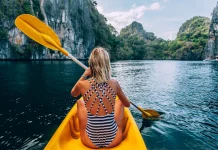
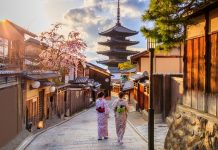

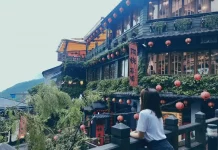



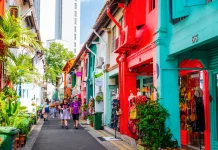


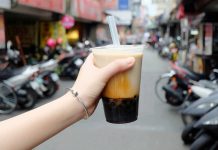





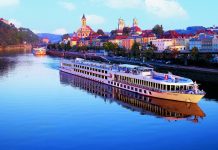
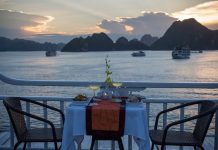
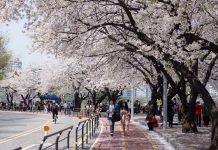

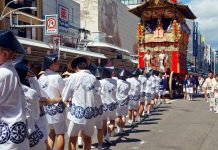




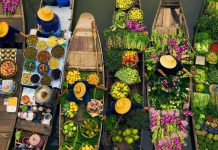
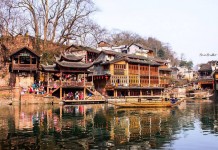





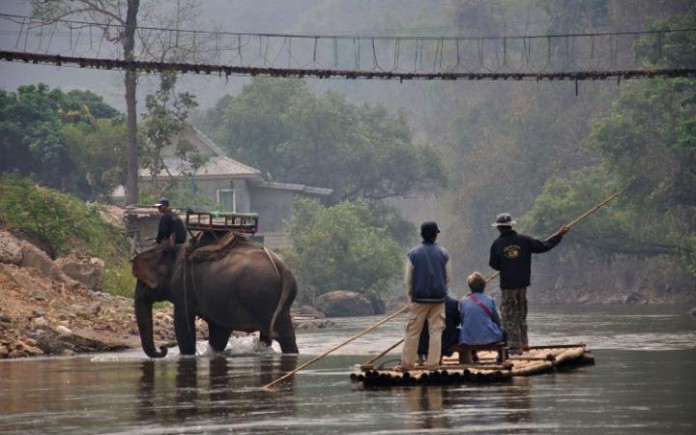


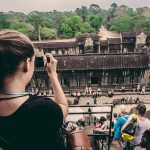
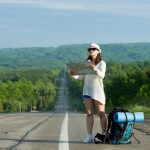
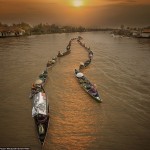
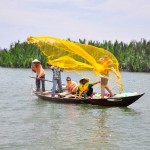
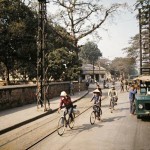

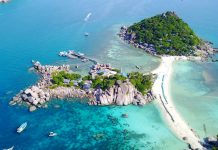


![10 best airports in Asia in 2016 [RANKED] kuala-lumpur-international-airport-best airports in asia in 2016 by skytrax ratings](https://livingnomads.com/wp-content/uploads/2016/08/29/kuala-lumpur-international-airport-best-airports-in-asia-in-2016-by-skytrax-ratings-218x150.jpg)



